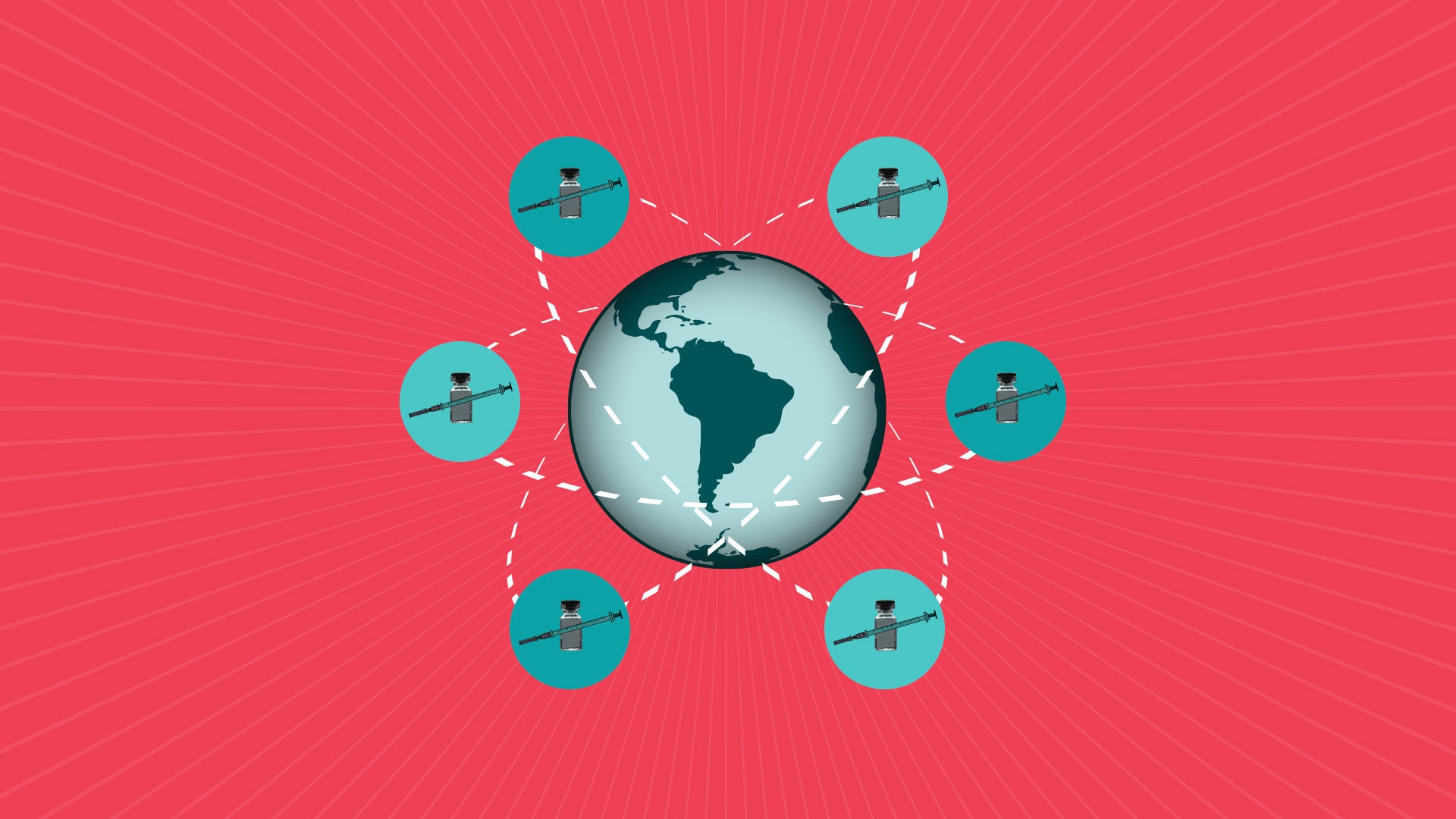When will COVID-19 vaccines be widely available globally?
Experts say it could be 2023 or later before COVID-19 vaccines are widely available in some countries

Your support helps us to tell the story
From reproductive rights to climate change to Big Tech, The Independent is on the ground when the story is developing. Whether it's investigating the financials of Elon Musk's pro-Trump PAC or producing our latest documentary, 'The A Word', which shines a light on the American women fighting for reproductive rights, we know how important it is to parse out the facts from the messaging.
At such a critical moment in US history, we need reporters on the ground. Your donation allows us to keep sending journalists to speak to both sides of the story.
The Independent is trusted by Americans across the entire political spectrum. And unlike many other quality news outlets, we choose not to lock Americans out of our reporting and analysis with paywalls. We believe quality journalism should be available to everyone, paid for by those who can afford it.
Your support makes all the difference.When will COVID-19 vaccines be widely available globally?
Experts say it could be 2023 or later before the shots are widely available in some countries.
The United States Israel and the United Kingdom are among the nations where about half or more of the population has gotten at least one shot. In some countries, including South Africa, Pakistan and Venezuela, less than 1% of people have been vaccinated. In nearly a dozen countries — mostly in Africa — there have been no jabs at all.
The differences reflect a mix of factors including purchasing power, domestic production capacity, access to raw materials and global intellectual property laws.
The U.S. has supported waiving intellectual property protection for the vaccines. But it’s not clear whether there will be global agreement on the issue and, if so, whether that would help speed up production.
COVAX, a U.N.-backed project to ensure vaccine access globally, has run drastically behind schedule due in part to export bans and stockpiling by some countries.
In April, researchers at Duke University said that, even with assistance from COVAX, many countries would not be able to reach 60% coverage until 2023 or later.
“The U.S., European and other wealthy nations long ago pre-ordered nearly all the doses available and now other countries, even with the money to buy, are at the back of line waiting,” said Matthew Kavanagh, a global health policy expert at Georgetown University.
China and Russia are among those that have committed to donating vaccines to other nations. Other countries including the U.S. and U.K. aren’t yet sharing their stockpiles, though they've committed to doing so. Still, global scarcity is expected to continue for years to come.
“There is simply not enough vaccine to go around,” Kavanagh said.
___
The AP is answering your questions about the coronavirus in this series. Submit them at: FactCheck@AP.org. Read more here:
How long does protection from COVID-19 vaccines last?
Are some COVID-19 vaccines more effective than others?
Can COVID-19 vaccines affect my period?